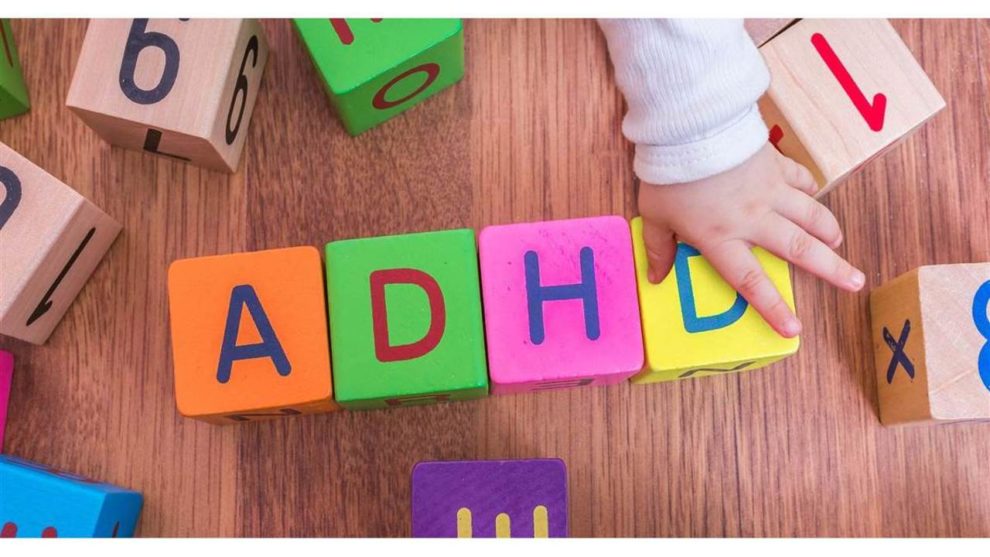New Non-Drug Treatment for ADHA Approved by FDA
A month ago, I wrote about how some medications used to treat ADHD have been found to increase the risk of developing a psychosis:
If your kids or young adult children have been diagnosed with ADHD and have been prescribed medications to control the disorder, then pay attention to this new study:
“Certain medications used to treat ADHD in teens and young adults may be more likely to cause symptoms such as paranoia, hallucinations, delusions and hearing voices, a new study suggests.”
“Researchers found patients 13 to 25 years old who had been newly prescribed amphetamines, such as Adderall and Vyvanse, were more likely to develop psychosis than those who had received a prescription for methylphenidates, such as Ritalin and Concerta, according to the study published in the New England Journal of Medicine.”
“The key take-home message is that these cases involved new prescriptions, or patients who had just started treatment, said NBC medical contributor Dr. Natalie Azar Thursday.”
In that post, I recommended that if you have any concerns about your child or yourself taking medication to control ADHD, to see your doctor. If that is the case, then you may be interested to learn that the FDA has just granted approval for a new treatment for ADHD that is not a medication:
“Over the weekend, the Food and Drug Administration announced they granted clearance of NeuroSigma’s Monarch external Trigeminal Nerve Stimulation (eTNS) System for children with ADHD. (The FDA does not generally “approve” medical devices the same way it does with drugs). The treatment will be intended for those ages 7 to 12 who are not currently taking any other prescription drugs for their ADHD. But it will also only be available via prescription.”
“‘This new device offers a safe, non-drug option for treatment of ADHD in pediatric patients through the use of mild nerve stimulation, a first of its kind,’ Carlos Peña, director of the Division of Neurological and Physical Medicine Devices in the FDA’s Center for Devices and Radiological Health, said in a statement...”
“Nerve stimulation has emerged in recent years as another way to manage behavioral and neurological conditions like depression, epilepsy, and anxiety. There are several forms of it—including one that requires implants surgically placed into the brain—and we’re still unclear about its exact mechanisms, but the essential gist is that nerve stimulation to the right places can temporarily quiet the erratic brain activity associated with a specific condition.”
“In the case of the Monarch eTNS system, the stimulation (which feels like a tingling sensation on the skin) is sent from a small, smartphone-sized device to wires that are attached to a patch on the forehead right above the eyebrows. The shocks then go along the trigeminal nerve, the cranial nerve that’s largely responsible for our sensations of biting and swallowing, which then directly or indirectly reach parts of the brain, like the cerebral cortex, that help regulate our emotions, behavior, and ability to focus.”
No one likes the idea of being wired or having some kind of electrode on their forehead or receiving any kind of electric shock treatment, but given the alternative of the medications and their side effects, it may well be an option to consider.









Recent Comments